Tess de la MareWest of England
 Nathan Lintern
Nathan LinternAn 11-year-old whose parents enrolled him in drama classes to help him battle his shyness has landed a role in one of this year’s biggest films.
James…
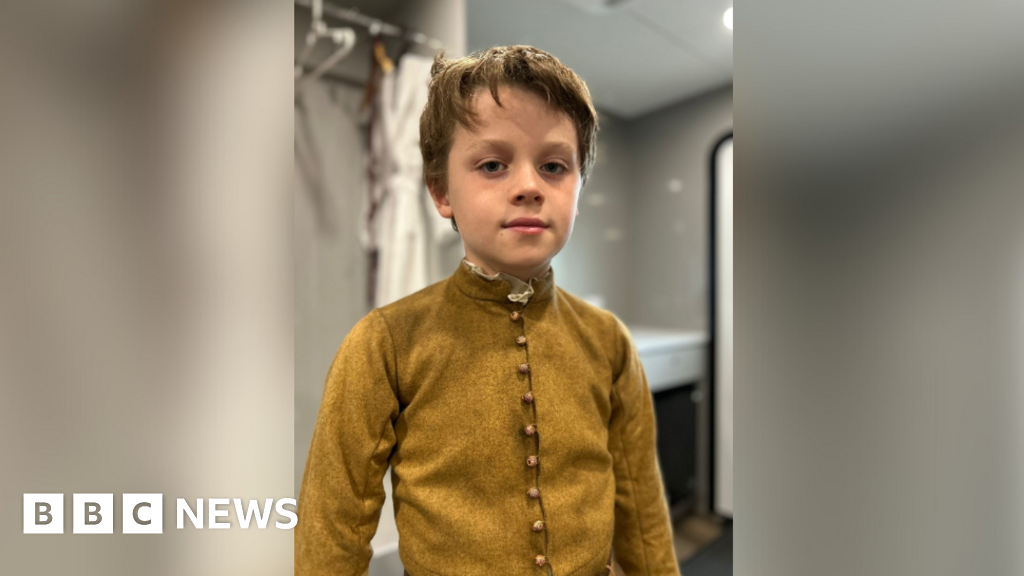
Tess de la MareWest of England
 Nathan Lintern
Nathan LinternAn 11-year-old whose parents enrolled him in drama classes to help him battle his shyness has landed a role in one of this year’s biggest films.
James…
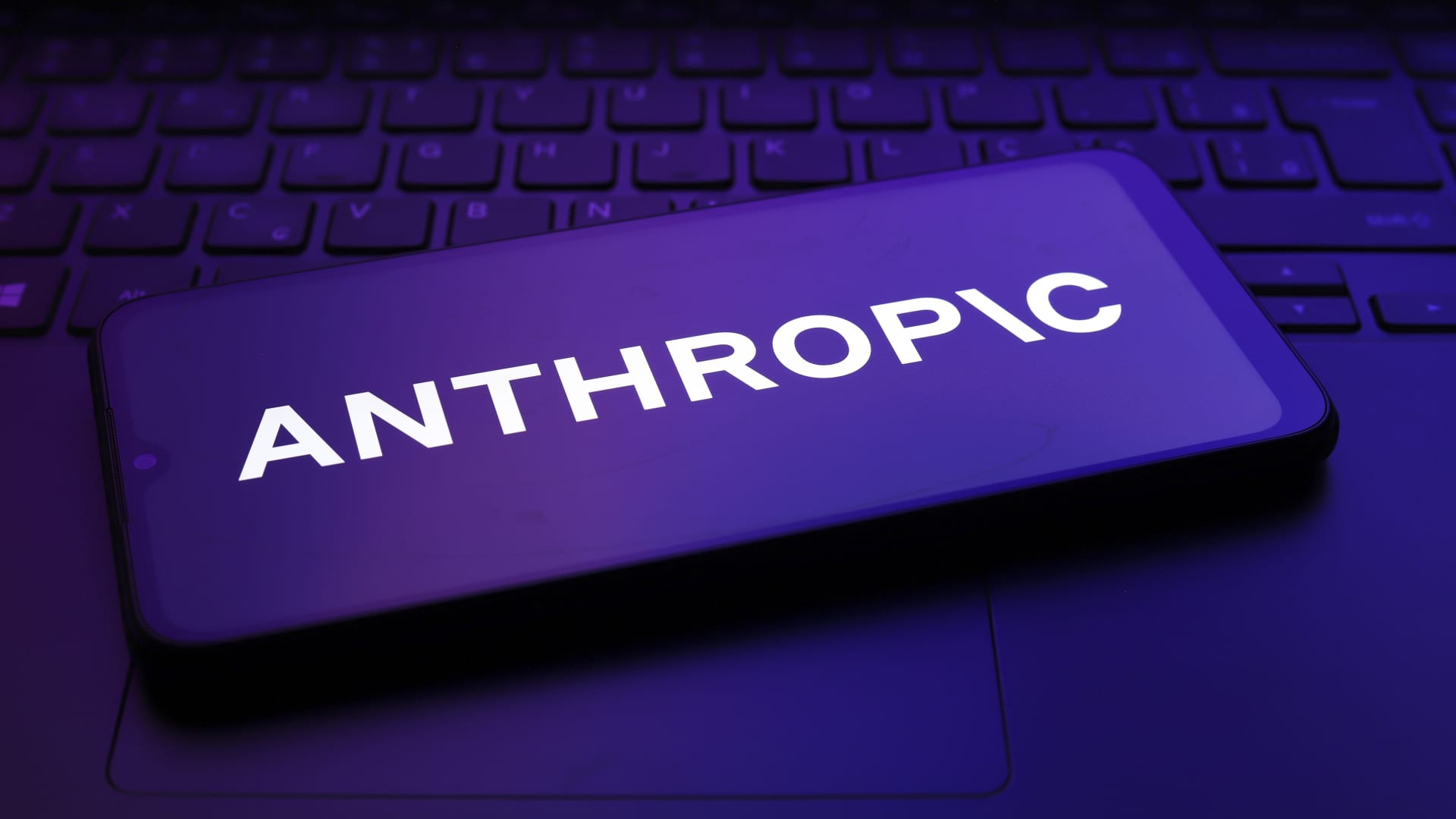
Jaque Silva | Nurphoto | Getty Images
Venture capital firm Sequoia is joining Singapore’s GIC and U.S. investor Coatue in a funding round for Anthropic, which aims to raise $25 billion at a $350 billion valuation, the Financial Times reported on Sunday, citing sources familiar with the matter.
Singapore’s sovereign wealth fund GIC, and Coatue will contribute $1.5 billion each for the Claude chatbot-maker, the newspaper said.
Sequoia, Anthropic, GIC and Coatue did not immediately respond to a Reuters request for comment. Reuters could not immediately verify the report.
Last year, Anthropic secured commitments from Microsoft and Nvidia totaling up to $15 billion.
Insatiable demand for AI and growing enterprise adoption have driven tech spending higher globally, pushing valuations of AI startups like Anthropic to record levels, even as concerns about an AI bubble loom.
Anthropic last raised $13 billion in a Series F round that valued the company at $183 billion, the company said in early September.
California-based Sequoia, founded in 1972, was an early investor in many top tech names, including Google, Apple, Cisco and YouTube.
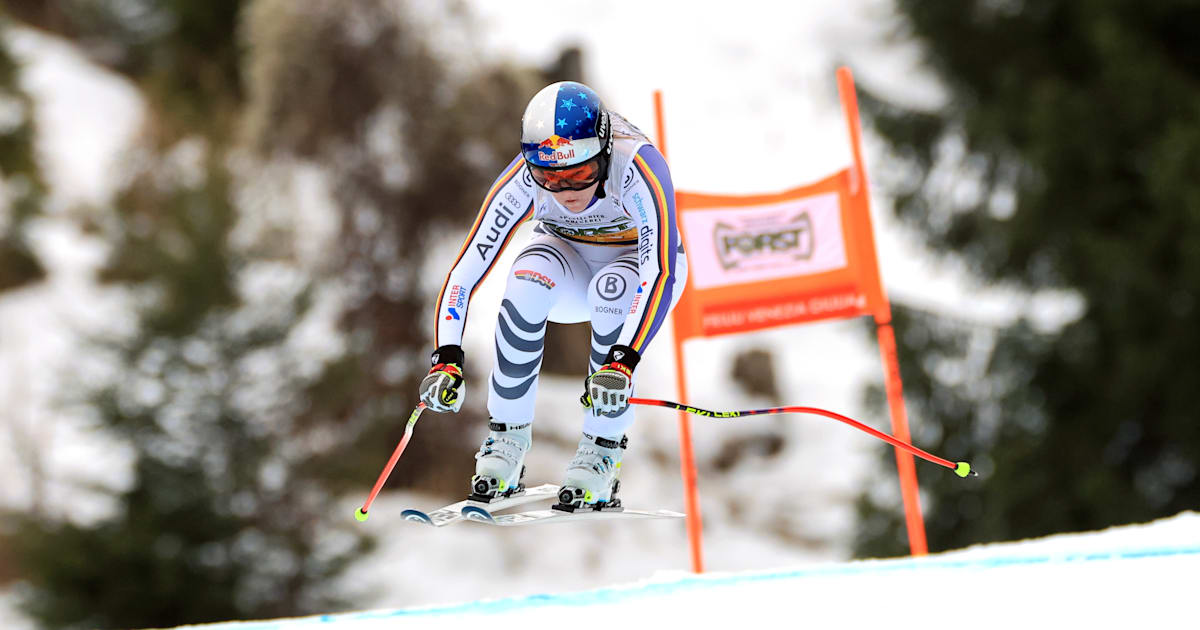
Germany’s Emma Aicher held off a stellar field, racing to a second Super G victory at the FIS Alpine Ski World Cup in Tarvisio, Italy, on Sunday (18 January).
The 22-year-old threw down the gauntlet as the fifth racer down the slope,…


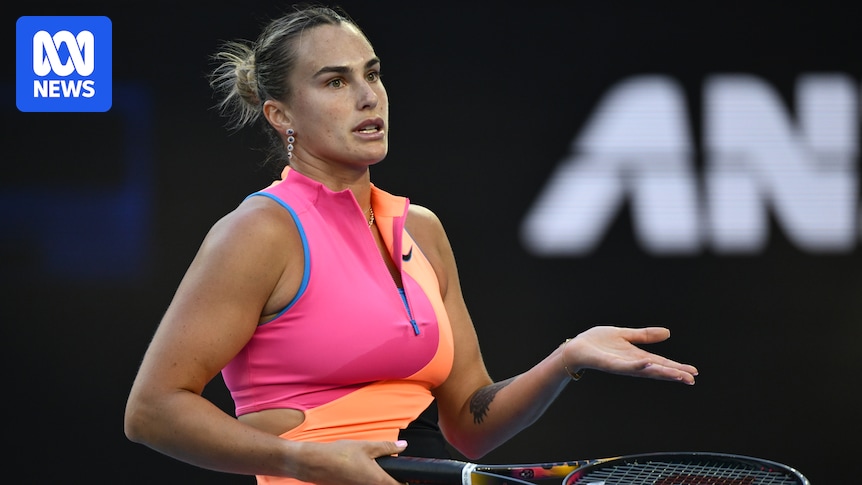
Each time Aryna Sabalenka steps on court, the world number one creates the impression she is riding an emotional roller coaster.

Aiden Pastorian and Wil Brennan both secured first-place finishers in their events. In his first meet as a Mustang, Pastorian, a transfer from Long Beach State, won the men’s shot put with an indoor personal best of 55 feet, 6.25 inches, good…
Iran tensions escalated on Sunday, with foreign reports over the past two days citing US carrier movements, bomber activity at Diego Garcia, and reinforced air defenses across the Gulf, according to multiple regional and American media accounts.
Continue Reading
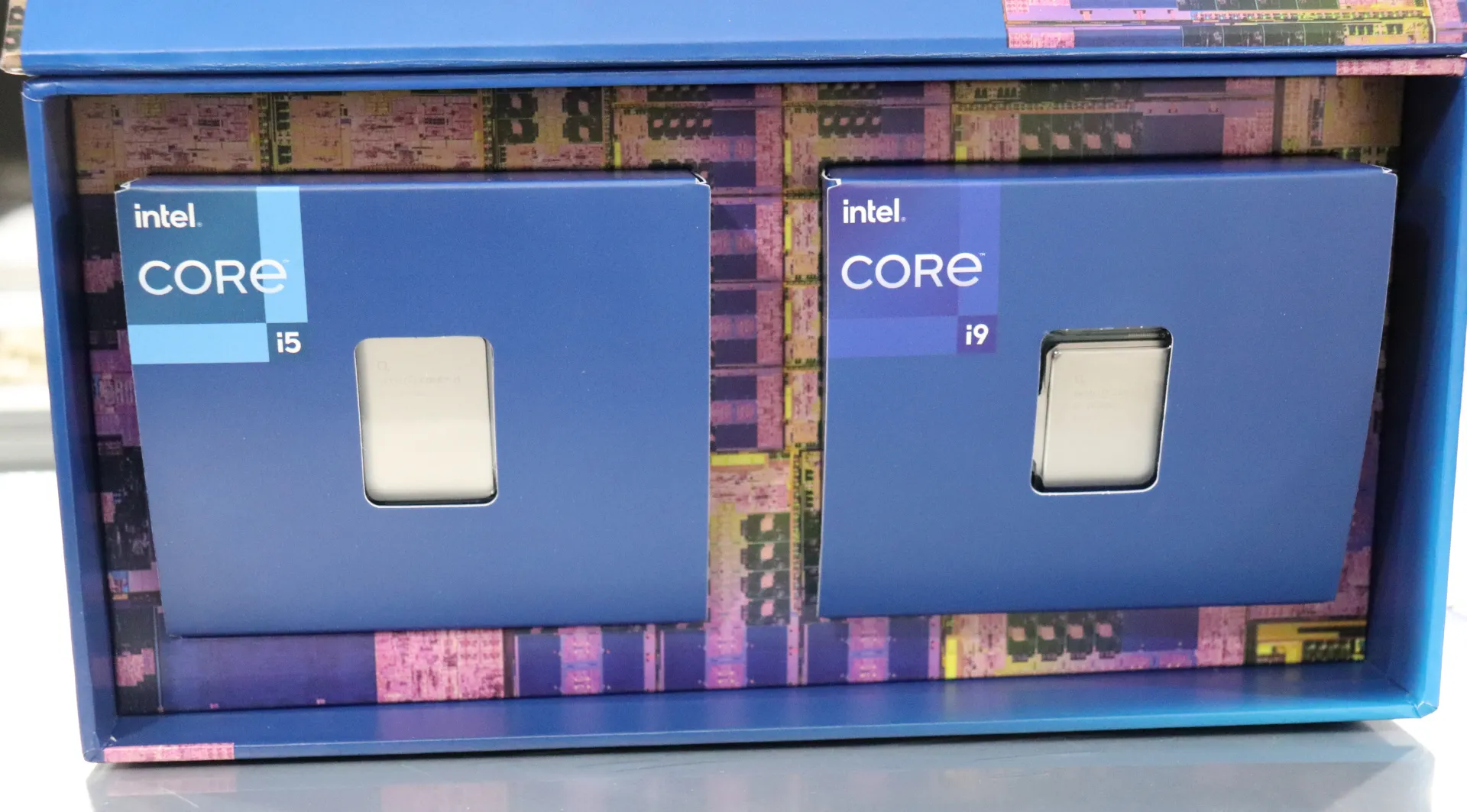
The intel-speed-select tool that lives within the Linux kernel source tree for allowing some control over Intel Speed Select Technology (SST) and managing of clock frequencies / performance behavior will finally allow limited non-root…

Canon’s 410MP full-frame sensor has been described as a 24K monster, but the newly published technical brochure makes one thing clear. This is not a cinema sensor, and it was never meant to be. Instead, it stands as Canon’s flagship…